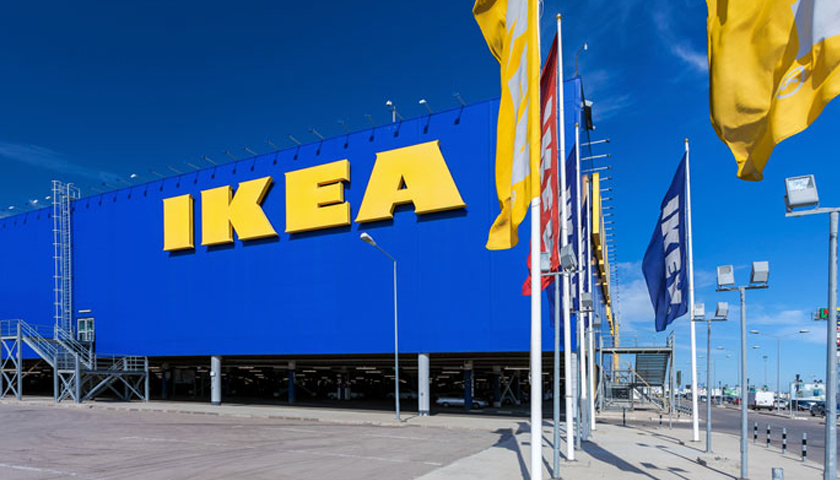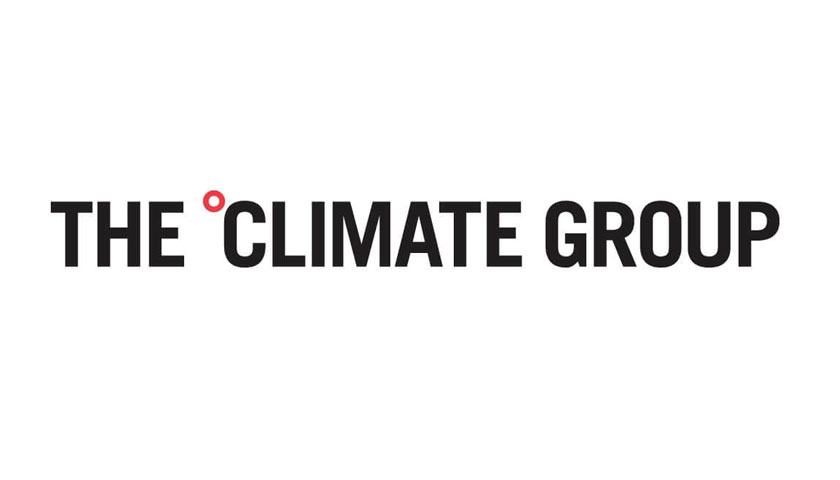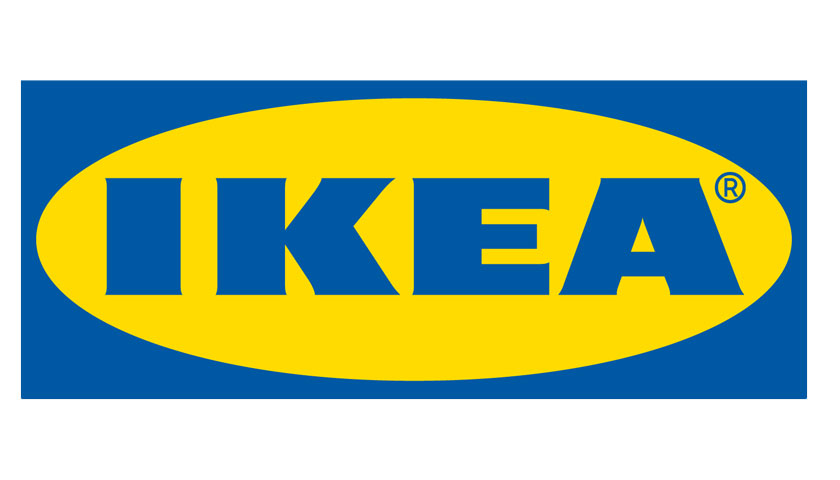Together with Ashoka, Inter IKEA Group, through IKEA Social Entrepreneurship BV, supports social entrepreneurs looking to solve deep-rooted social issues in the areas of equality, inclusion and livelihoods. In this second year of a tailor-made and co-created global programme, the Dela Accelerator, twelve social entrepreneurs will partner up with IKEA co-workers to strengthen and scale solutions to achieve a bigger positive impact on society.
During the year-long Dela Accelerator Programme, specially selected IKEA co-workers will support the social entrepreneurs with their business scale-up plans in order for them to have the biggest impact on the people they support. Each social entrepreneur uses a business approach to change the root causes of some of society’s most pressing issues whilst improving the systems that contribute to them existing in the first place. In parallel, working with the social entrepreneurs IKEA gets to learn about new business approaches and ideas on how to become a more entrepreneurial, inclusive and sustainable business.
“Social entrepreneurs are leaders and pathfinders who look to address big social challenges. They work to create better opportunities for people who are vulnerable. Often they combine an entrepreneurial approach with intentional strategies to tackle root causes of poverty and inequality. This is in line with our ambition to have a positive impact on people, planet and society,” says Åsa Skogström Feldt, Manager, IKEA Social Entrepreneurship at Inter IKEA Group.
The first phase of this year’s Dela Accelerator is about developing and enhancing the ‘system change’ strategies of the social entrepreneurs and identifying what is required to attain them. With the support of the IKEA co-workers the social entrepreneurs will go through a process to refine their ideas and strategies before sharing these with hand-picked managers at a summit in April. At the summit, they will reflect on what they have developed and be challenged on their plans, with the opportunity to validate and fine tune their strategies. The social entrepreneurs will then have the option to join a Scoping and Experimentation phase. This will see them paired with different IKEA and other Experimenting Partners & Experts to further test the feasibility, viability and desirability of their ideas. The outcome will be the first steps towards implementation and realisation.
Emma Lindgren, Co-Director Ashoka Nordics added “Complex societal issues cannot be solved by one player, project or institution alone. This is why Ashoka collaborates with committed partners that are open to co-create solutions to pressing challenges with us and our social entrepreneurs. We have seen very encouraging results from the Dela programme with IKEA Social Entrepreneurship, which shows that working together we can impact the livelihoods of millions of people and start changing the systems perpetuating marginalisation.”
Here you can read about thetwelvesocial entrepreneurs participating in this year’s Dela Accelerator, where they come from and what social challenges they are trying to solve.
Building on learnings
The 2020 Dela Accelerator has been developed based on the learnings from our first programme which ran from 2019 – 2020. Here you can read Ashoka’s Dela Impact report which highlights the successes of the programme and key insights from the social entrepreneurs who participated in the first edition of the Dela Accelerator.
Three participants in the 2019 Dela Accelerator; Daniel Kerber, More than Shelters, from Germany, Nani Zulminari, PEKKA, from Indonesia and Fernando Assad, Programa Vivenda, from Brazil each received a grant of EUR30k to allow them to take the steps required to implement their systems change plans.
MORE THAN SHELTERS (MTS), creates safe spaces for refugees and displaced people while encouraging them to actively shape their own future. MTS developed a catalogue of Social Innovation Design Process tools that creates innovative solutions to improve the lives of the refugee communities, bridging crucial stages of their journeys.
The grant will support Daniel and the MTS team to focus more on their systemic impact strategy, shifting from positively influencing the wellbeing of the temporary residents at refugee camps to the creation of Integration Hubs in the refugee camps which will build capacity and increase the life improvement chance of the residents.
PEKKA, is reversing the pattern of discrimination against women in Indonesia by educating and empowering women through awareness-raising and behavioural change.
Many Indonesian families are headed by women but often lack access to crucial services, a fact that discriminate and stigmatize women. Thanks to the support provided through the Dela programme, Nani and her team are going to launch a pilot digital data collection in the Kubu Raya District, Indonesia, which will capture the actual number of women-headed families as a solution to address their needs, strengthen their collective voices, leaderships and movement for a dignified life in Indonesia.
Programa Vivenda develops affordable home improvement kits that improve the lives of families who are living in unsafe homes in Sao Paulo, Brazil.
Currently, there are 11 million inadequate houses in Brazil, which negatively impact the life quality of 40 million people, causing inequality, major health risks, lower quality of urban life, productivity and income as well as a decline in family relationships. Thanks to the Dela Accelerator, Vivenda is now transitioning to become a digital platform that enables and promotes the participation and solutions of multiple actors, triggering a new market model based on collaboration and a decentralized scaling infrastructure.


